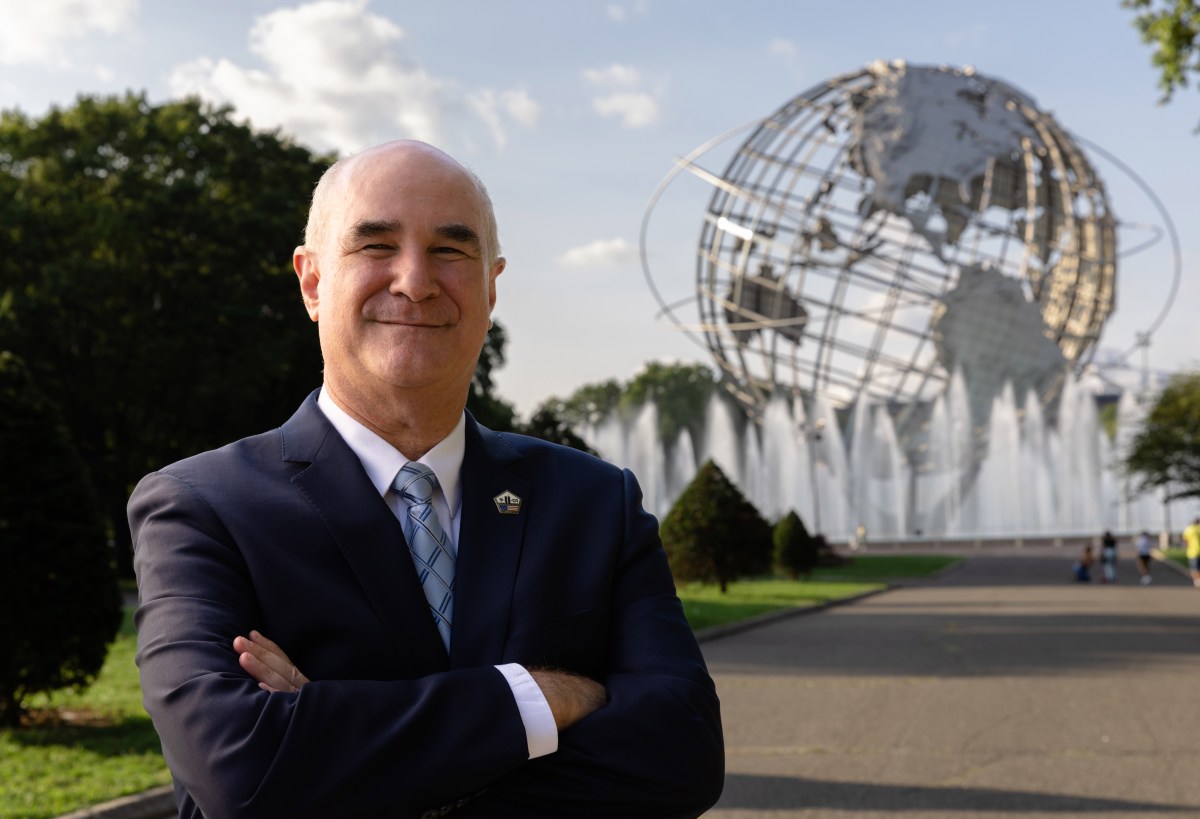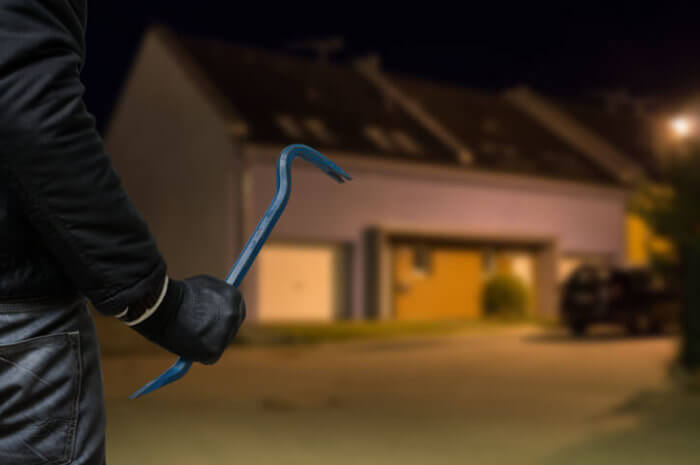Retired Judge George Grasso told QNS Thursday that he will challenge Queens District Attorney Melinda Katz in next June’s Democratic primary to become the borough’s top law enforcement official. Grasso, 65, served as administrative judge for criminal matters for Queens Supreme Court when he resigned in August.
“I left the bench effective Aug. 31, and the following day I went up to Albany and I filed the paperwork to create an exploratory committee,” Grasso said. “That put me in a position to put the website up and start raising money and so far the feedback I’ve been getting is really terrific.”
Grasso and Katz got their degrees at St. John’s Law School just six years apart and pursued careers in public service. Katz was elected to the NYS Assembly, City Council and Queens Borough President before she became District Attorney in 2020. Grasso took a different path. He was a beat cop in Queens when he pursued his law degree during night school at SJU and rose through the NYPD ranks to the executive level where he would become first deputy police commissioner. On the morning of the 9/11 terrorist attacks at the World Trade Center, Grasso was designated the NYPD’s primary liaison with the FBI.
In 2010, Grasso was elevated by Mayor Michael Bloomberg to the New York City Criminal Court and he remained on the bench until stepping down in August.
The Douglaston resident reshaped the court system in Queens while watching crime rates rise across the borough. But he has seen worse.
“When I was appointed to the NYPD in 1979, we were the first post-lay-off class after New York had run out of money and it was in a dire fiscal situation,” Grasso recalled. “Remember the infamous Daily News headline, Ford to New York: Drop Dead. For the first and only time in the history of the NYPD thousands of cops were laid off.”
By the time he started doing foot patrol in 1980 in South Queens, New York City saw 1,814 murders that year at the peak of the crack epidemic. Grasso said it all began to change when Bill Bratton came in as police commissioner and Jack Maple started CompStat during the Giuliani administration. Crime levels plateaued and in recent years New York became known as the “safest big city in America,” until it wasn’t.
“In my opinion, this is an artificially created crime wave by what I call progressive activists in the state legislature and City Hall,” Grasso said. “They attack the issue saying we got this 3,500 number we want so we can close Rikers Island and we’re gonna have to take all of these criminal offenses off the table, no bail, no jail, everything’s going to be handled in the community. That’s like “Beam me up, Scottie.’ How is that ever going to work? And it’s not working.”
He was deeply troubled by the Sept. 20 attack on Elizabeth Gomes at a Howard Beach subway station. Waheed Foster was indicted by a Queens grand jury late last month on attempted murder and assault charges.
“That woman was severely beaten, could lose sight in one of her eyes by a man with a history of mental illness, beat his own grandmother to death, and has two pending cases in Queens and Manhattan,” Grasso said. “Look at the seven major crime categories in Queens North, they’re up nearly 50% this year in all seven majors. Where’s the DA on that? We’ve got to have a district attorney who’s leaning into these issues, using his or her authority the best they can to protect public safety and take the lead in advocating for legislative changes.”
When she took over the DA’s office in 2020, Katz launched initiatives to pursue and prosecute human traffickers, child abusers, and those who prey on the elderly.
“DA Katz is focused on protecting the residents of Queens,” her campaign spokesman Max Kramer said. “She’s led an office that’s centered on fairness, safety, and accountability and she’s been a steady hand in turbulent times.”
She also created the borough’s first Conviction Integrity Unit to restore justice to the wrongfully convicted and implemented programs for diversion and alternative sentencing for low-level offenders.
“Do I believe in restorative justice? Yes. Do I believe that people are innocent until proven guilty and get the benefit of the doubt? Absolutely, I believe in that,” Grasso said. “I also believe their plans aren’t working on any level. They’re not reducing the daily jail population, they’re creating major stress on public safety across the board in Queens and throughout the city.”

































